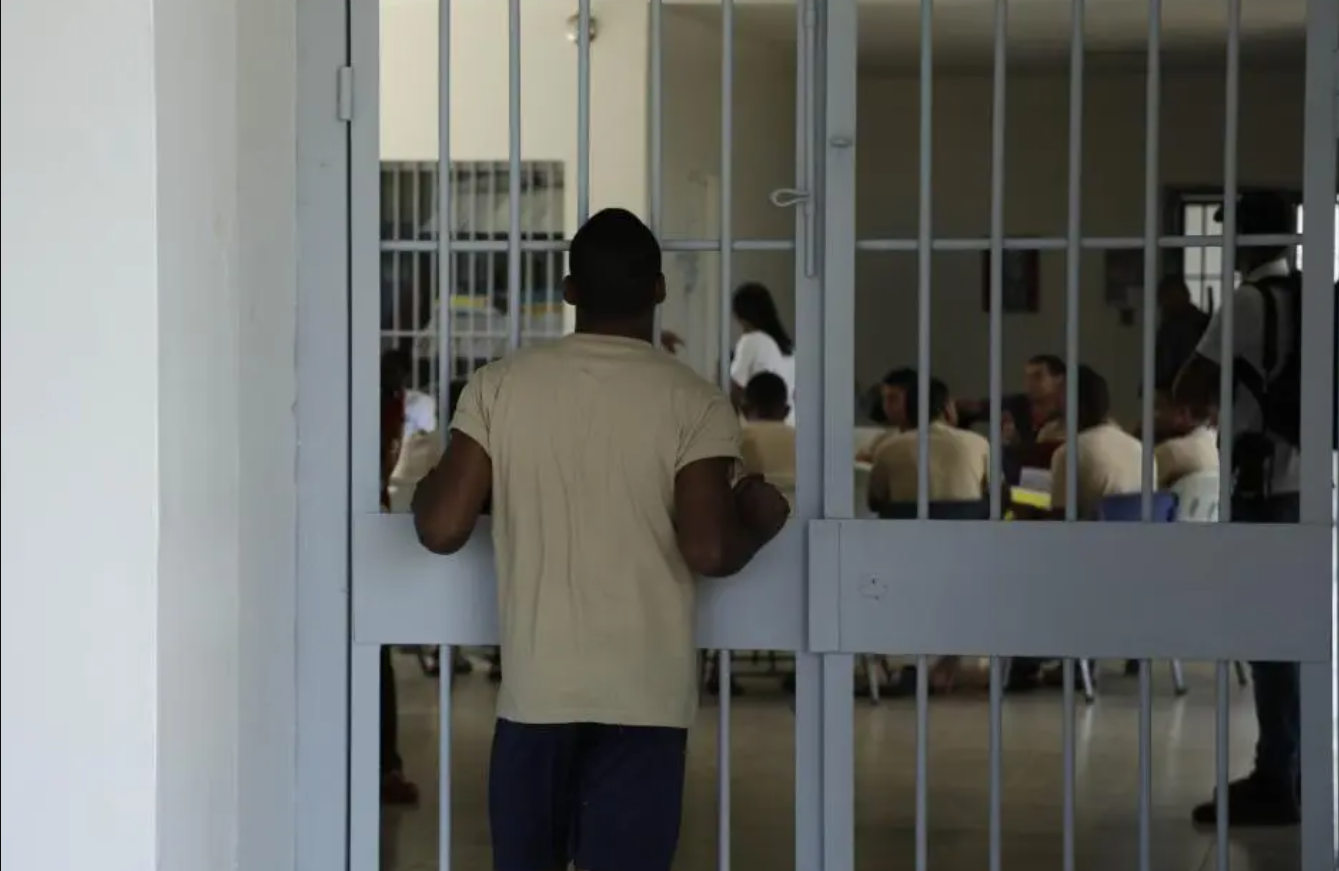
Foreign nationals currently serving sentences in UK prisons could be deported immediately under new proposals announced by the justice secretary.
- The UK justice secretary has announced proposals to deport foreign nationals serving sentences in UK prisons.
- This plan aims to alleviate prison overcrowding and reduce costs by ensuring non-citizen offenders serve their sentences abroad.
- Deportable offenders will be prohibited from re-entering the country once removed.
The plan aims to accelerate the removal of offenders who are not British citizens, ease pressure on the prison system, and ensure that those convicted of crimes in the UK serve their punishment abroad.
Official Ministry of Justice (MoJ) data shows that foreign nationals account for around 12% of the UK’s prison population, with approximately 10,400 individuals currently in custody.
According to the BBC, the MoJ disclosed that once offenders are deported, the receiving country will decide whether they go on to serve their sentences.
The government estimates that each prison place costs about £54,000 per year, and ministers argue the policy would free up capacity for UK offenders while saving public funds spent on housing foreign inmates.
Under the proposed changes, foreign nationals given custodial sentences – particularly fixed-term sentences could be removed from the UK as soon as their conviction is secured. Once deported, they would be barred from re-entering the country.
Justice Secretary Shabana Mahmood told the BBC that foreign criminals would be sent “packing” if they “abuse our hospitality and break our laws.”

She added: “This government is taking radical action to deport foreign criminals, as part of our Plan for Change. Deportations are up under this government, and with this new law they will happen earlier and faster than ever before.”
UK govt outline fresh deportation framework
The Ministry of Justice (MoJ) says life-sentence prisoners, including terrorists and murderers, will serve their full term in the UK before possible deportation.
Deportation decisions after sentencing will rest with prison governors, while authorities can keep offenders in custody if they pose security risks.
The MoJ defines a foreign national under the Nationality, Immigration and Asylum Act.
If passed, the new powers could be applied to those already in prison, meaning the government could begin deportations immediately. This could significantly impact African immigrants in UK prisons, particularly those serving fixed-term sentences, who may be among the first to face expedited removal once the law comes into effect.
The justice secretary has argued that the policy would also serve as a deterrent to foreign criminals. However, its implementation will depend on the UK’s ability to coordinate deportations with other countries, including those with which it already has prisoner transfer agreements.
The approach bears some similarity to former U.S. President Donald Trump’s third country deportation policy, which sought to remove migrants swiftly to other states to deter illegal entry.
However, unlike Trump’s plan, which often sent migrants to countries they had transited through, the UK proposal focuses on returning convicted criminals directly to their home countries.












